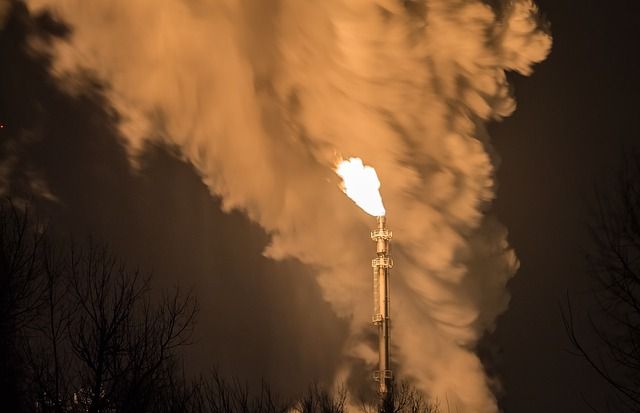ExxonMobil sets new targets to reduce greenhouse gas emissions
The world’s largest public oil producer is planning to reduce its methane emissions by 15 percent by 2020.

The world’s largest public oil producer is planning to reduce its methane emissions by 15 percent by 2020.
ExxonMobil made the announcement today along with plans to reduce flaring at gas sites by 25 percent and increase energy efficiency measures.
The oil giant will achieve this through making operational improvements such as ‘leak detection and repair’ efforts, which have led to a 2 percent drop in the past year.
“We have a longstanding commitment to improve efficiency and mitigate greenhouse gas emissions,” said Darren W. Woods, chairman and chief executive officer. “Today’s announcement builds on that commitment and will help further drive improvements in our business.”
The company will seek to improve energy efficiency across its refining and chemicals manufacturing business, although it did not provide details.
Exxon claims to have spent $9 billion on technologies to lower emissions since 2000, including carbon capture, biofuels, and flare reduction. It expects to make the most ground on meeting its new goal on flaring by targeting its West Africa operations.
Flaring is used to ease the pressure on equipment by burning gas, which is then released into the atmosphere. Widespread use of the technique is a major source of carbon emissions.
Exxon’s news comes at a time of increased pressure on oil and gas companies to make stronger commitments on climate change. A group of sixty major investors called on the sector to “take responsibility” for its carbon emissions in a letter to the Financial Times last week.
Royal Dutch Shell also defeated a motion to set targets in line with the Paris Agreement at its annual general meeting this week. The meeting was dominated by discussions on the company’s actions to lower its carbon emissions.
BP has tried to stave off shareholder revolts by placing a cap on future carbon emissions out to 2025.




_-_frame_at_0m5s_400_250_80_s_c1.jpg)

